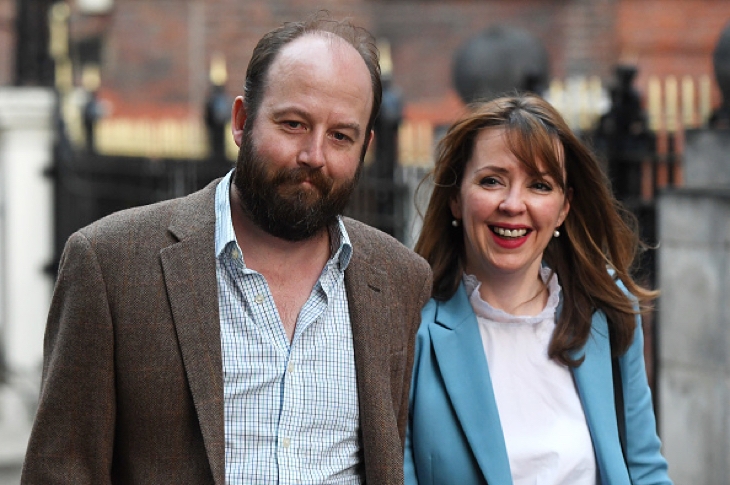This article is, partly, about Fiona Hill. You remember Fiona Hill, the most evil woman in Britain, the wicked, snarling monster who led Theresa May to disaster then quit as Downing Street chief of staff. That Fiona Hill.
That same Fiona Hill is a friend of mine, so you can feel free to ignore everything I say about her: I’m not objective and I don’t pretend to be. Let’s just say I don’t think you should accept at face value the lazy, unfair and often self-serving caricature of my friend that has been put into the public square by various people, for reasons of their own. Maybe one day I’ll write a little more about those people, their motives and their honesty, but that can wait.
The reason to write today is slavery, which is a real evil, and a bigger one that most people had probably thought. The National Crime Agency has just released a report saying that slavery and human trafficking are far more prevalent in Britain than previously thought. There are more than 300 live policing operations currently underway into suspected slavery and trafficking.
Cases affect ‘every large town and city in the country’, the NCA says, adding: ‘The growing body of evidence we are collecting points to the scale being far larger than anyone had previously thought. The intelligence we are gaining is showing that there are likely to be far more victims out there, and the numbers of victims in the UK has been underestimated.’
What does this have to do with Fiona Hill? Well, put simply, that NCA report, and quite likely some of those 300 police investigations, would not be happening if it wasn’t for her.
She wasn’t alone, but she can claim to have done an awful lot to put this issue where it now stands on the agenda of politicians, officials and law-enforcers. By getting people to think and talk about modern slavery, by making them realise this was a real contemporary evil, she created the necessary conditions for action to start addressing the issue.
Today’s NCA report almost certainly wouldn’t exist if it wasn’t for another report, entitled A Modern Response to Modern Slavery and written for a think-tank (not mine) by one Fiona Hill. That report argued, in essence, that slavery and trafficking were a bigger problem than a lot of people realised, and that a more serious state response was required, not least to make sure that law enforcement bodies and others were ‘sufficiently aware’ of the problem. It argued that law enforcement agencies ‘should pursue more proactive investigations into modern slavery crime’. It’s not hard to follow the line that leads from the thoughts in that report to the actions described in the NCA document today.
The bottom line is that the work my friend did on that issue has meant that the problem of modern slavery is now taken much more seriously than it was, which means that fewer bad things will happen to people who don’t deserve it. And that is something I politely suggest that you should bear in mind the next time you read or hear a description of the wicked Fiona Hill.







Comments